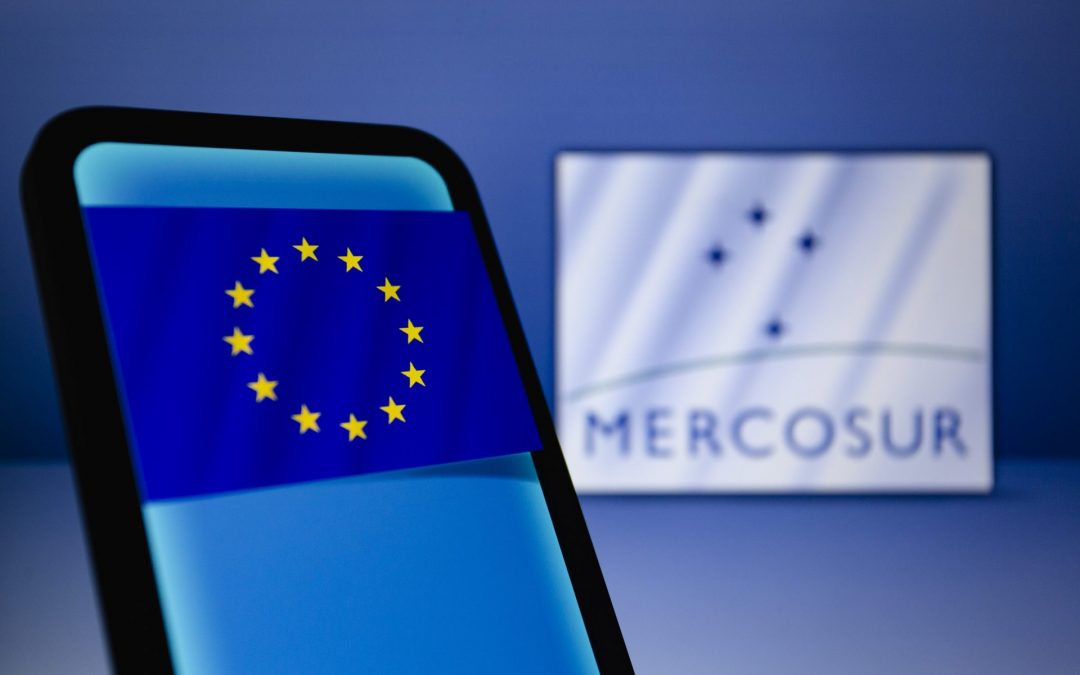“`html
Brussels – The European Commissioner for Agriculture, Janusz Wojciechowski, acknowledged this Monday the concern raised by the trade agreement between the EU and Mercosur countries, although he recalled that the 2019 agreement is still on the table and that “nothing has changed” in the last five years.
This was indicated by the Polish politician at a press conference at the end of what was his last meeting of EU Agriculture and Fisheries ministers, in which he called for “taking farmers’ concerns more seriously,” which are “especially sensitive” to competition issues.
“I understand that the agreement raises concern among Member States due to crisis and market destabilization situations,” acknowledged the commissioner, who reviewed from the Covid-19 pandemic, through Russia’s war of aggression against Ukraine or extreme weather events like flooding in central Europe and now also in the east and south of Spain.
However, although the parties reached an agreement in 2019, the pact has never been signed due to frictions within the EU, with France as the main critical voice.
In fact, the French economy minister, Antoine Armand, confirmed last week contacts with other delegations to try to form a blocking minority against the trade agreement that the bloc has been negotiating with Mercosur for more than two decades and that Brussels seeks to close before the end of the year.
This Monday, the Polish Agriculture Minister, Czeslaw Siekierski, added to this position of rejection, who unequivocally opposed accepting the agreement “in its current form,” as negotiated by the European Commission, due to the “dissatisfaction” and growing “discontent” of farmers, which is “gaining momentum” in the country.
On the opposite side is the Spanish Minister of Agriculture, Fisheries and Food, Luis Planas, who defended the trade agreement with Mercosur countries and its importance in the current geopolitical circumstances, especially after the election results in the United States, while criticizing “certain mythology” about the pact which, in his opinion, “does not fit with reality.”
Regarding this, Planas believes that the EU must ask itself if, at this time, it is interested in “closing in on itself or, in this geopolitical context and after, particularly, the American elections, expanding the network of agreements with third countries to maintain its economic and commercial influence.” “I think the answer is very clear, and Spain has been quite clear about it from the beginning,” he emphasized. (November 18)
“`
 go to the original language article
go to the original language article
